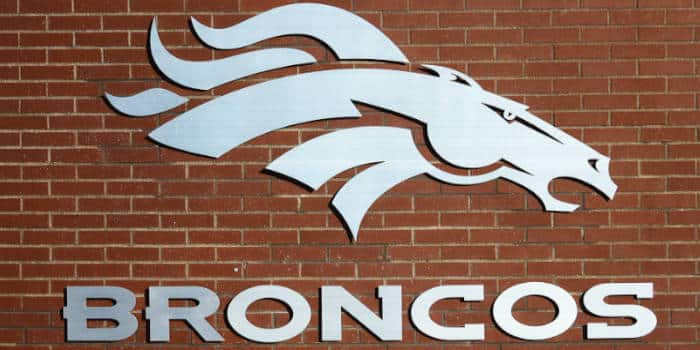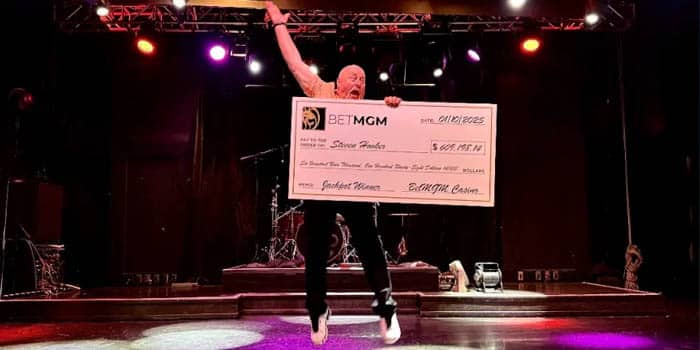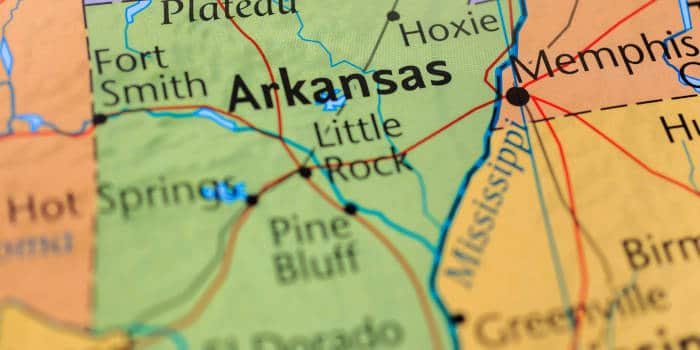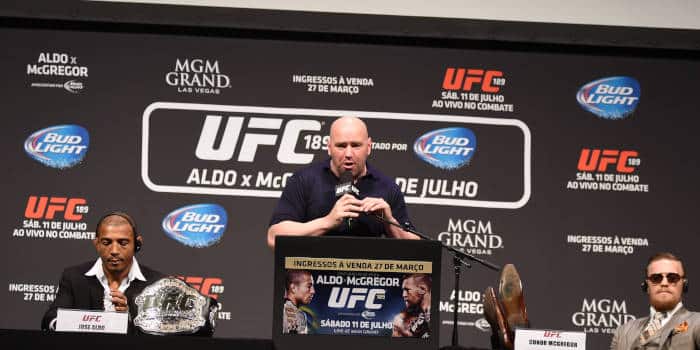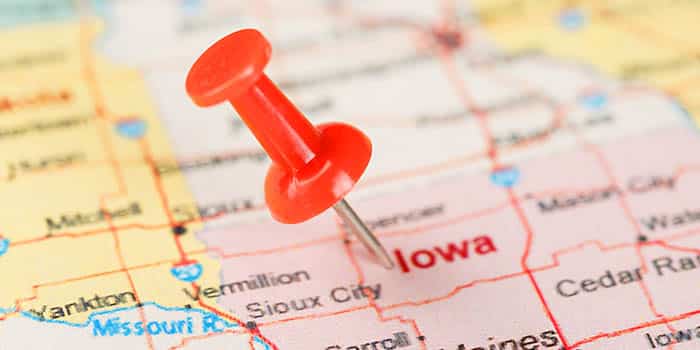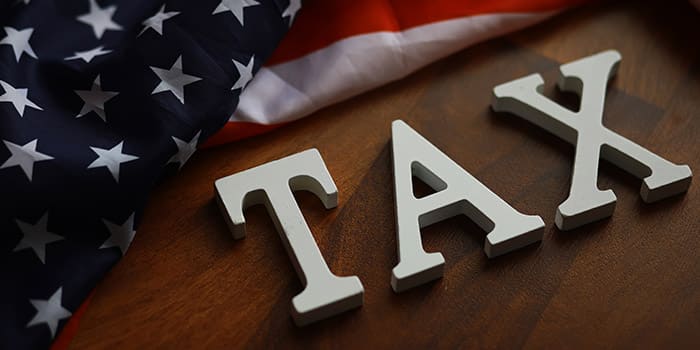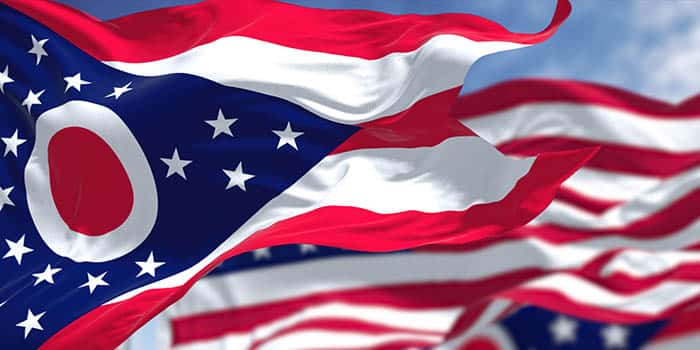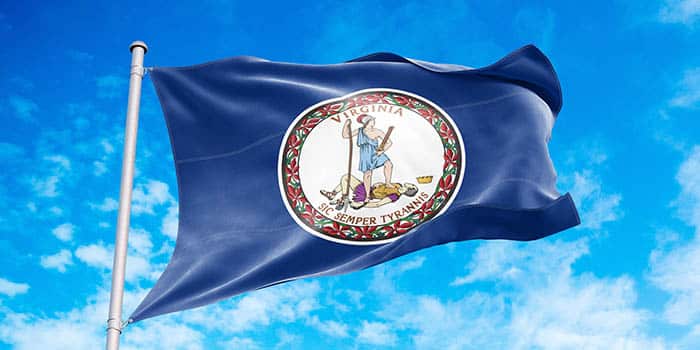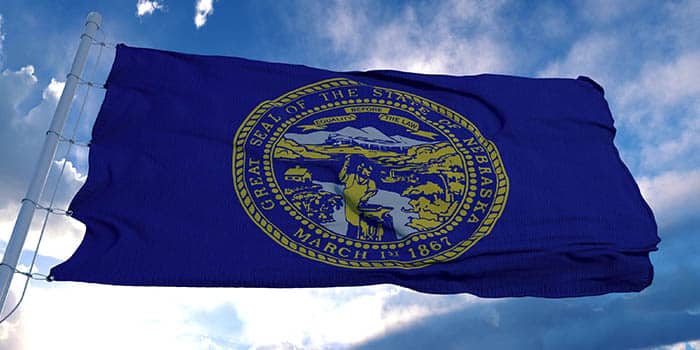Fact-checked by Angel Hristov
VCU Professor Talks About the Rise of Problem Gambling in Virginia
She describes gambling as a hidden addiction, pointing out that, unlike substance use, it doesn’t leave visible signs

Carolyn E. Hawley, Ph.D., a professor in the Department of Rehabilitation and Mental Health Counseling at VCU’s College of Health Professions, has gained a deep understanding of the risks linked to gambling through a variety of community-focused research initiatives and shared recent findings on the subject.
Hawley Says Problem Gambling Can Be Hard to Identify
Hawley noted that no national prevalence study on gambling disorder has been conducted in the US since 1998 due to a lack of federal funding, leaving a significant gap in critical data. However, through her own research, she estimates that between six and eight million Americans struggle with gambling-related issues. This includes both individuals who meet the clinical criteria for gambling disorder and those experiencing subclinical or undiagnosed gambling problems. Of that group, she believes around two million meet the threshold for a diagnosable disorder.
She describes gambling as a hidden addiction, pointing out that, unlike substance use, it doesn’t leave visible signs. “You can’t smell it or see it in bloodshot eyes,” Hawley said. Despite this invisibility, its impact can be devastating. Often, the addiction remains unnoticed until serious consequences emerge. For example, some families don’t discover a loved one’s gambling problem until money disappears from accounts or the individual is arrested for embezzlement or other acts driven by gambling debt.
What Is Being Done?
Hawley is the president of the Virginia Council on Problem Gambling, and in this role she assumed leadership of the Virginia Problem Gambling Helpline (VPGH), which the Virginia Lottery funds. She was struck by the significant challenges in connecting individuals to treatment resources. These challenges are largely driven by the limited federal funding available for gambling disorders, especially when compared to other forms of addiction.
Currently, Hawley is focused on leveraging existing data to inform better policy decisions, workforce development, legislative efforts, and service delivery. She explained that the goal is to figure out how the organization can reach people earlier and provide more informed, effective care.
With a clear understanding of the challenges surrounding gambling addiction, Hawley and the VCPG advocated for the creation of a dedicated state fund to support prevention and treatment. Their efforts led to the establishment of the Virginia Problem Gambling Treatment and Support Fund in 2020, which allocates a portion of tax revenue from sports betting and casino gambling. The fund is managed by the Virginia Department of Behavioral Health and Developmental Services.
With dedicated funding secured, the VPGH Treatment and Recovery Model was created to support this effort. The model integrates data collection for ongoing research and is built to provide individuals struggling with gambling issues with fast, seamless access to care through a coordinated system that includes regional peer recovery specialists and a statewide referral network.
According to Hawley, since the addition of peer recovery services, there’s been a significant increase in the number of individuals seeking help. She notes that people are more inclined to open up to those who have experienced similar struggles. Peer recovery specialists serve as powerful role models, demonstrating that recovery is possible and offering both support and hope for a better future.
Stefan Velikov is an accomplished iGaming writer and journalist specializing in esports, regulatory developments, and industry innovations. With over five years of extensive writing experience, he has contributed to various publications, continuously refining his craft and expertise in the field.


